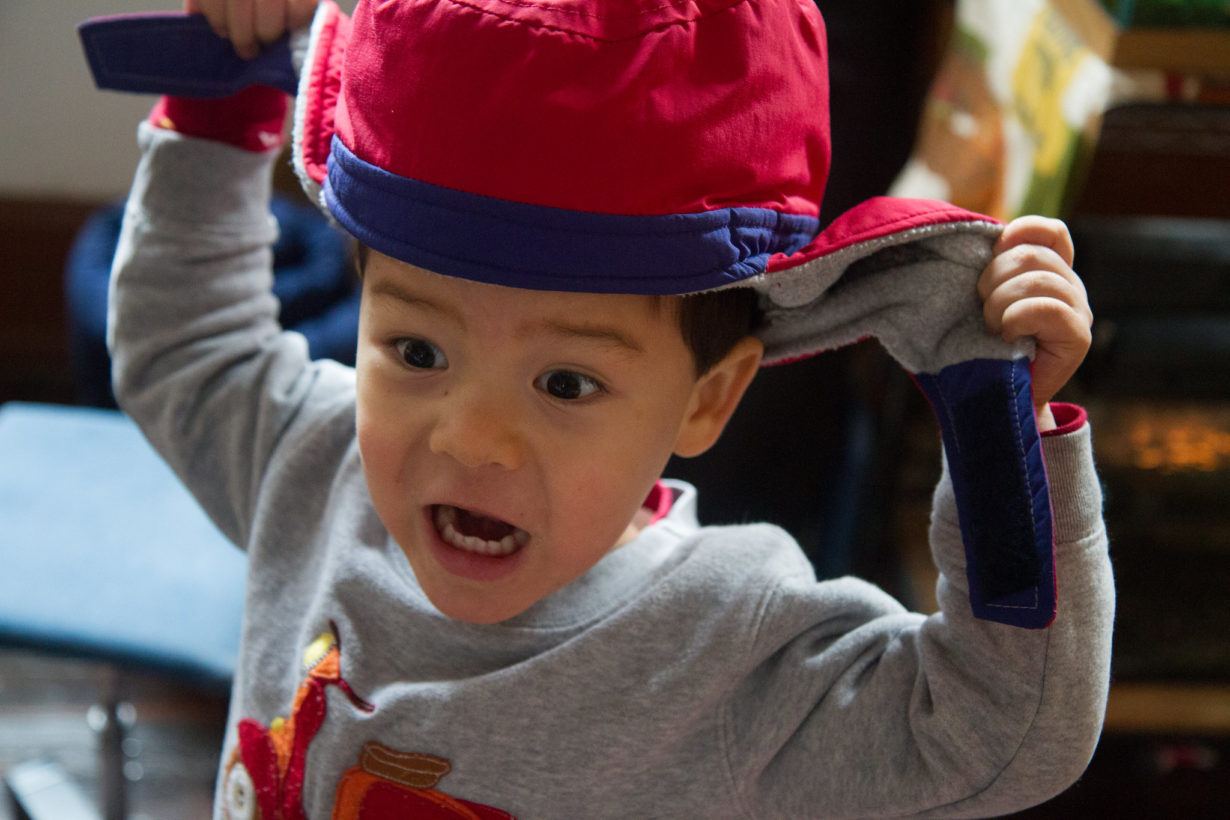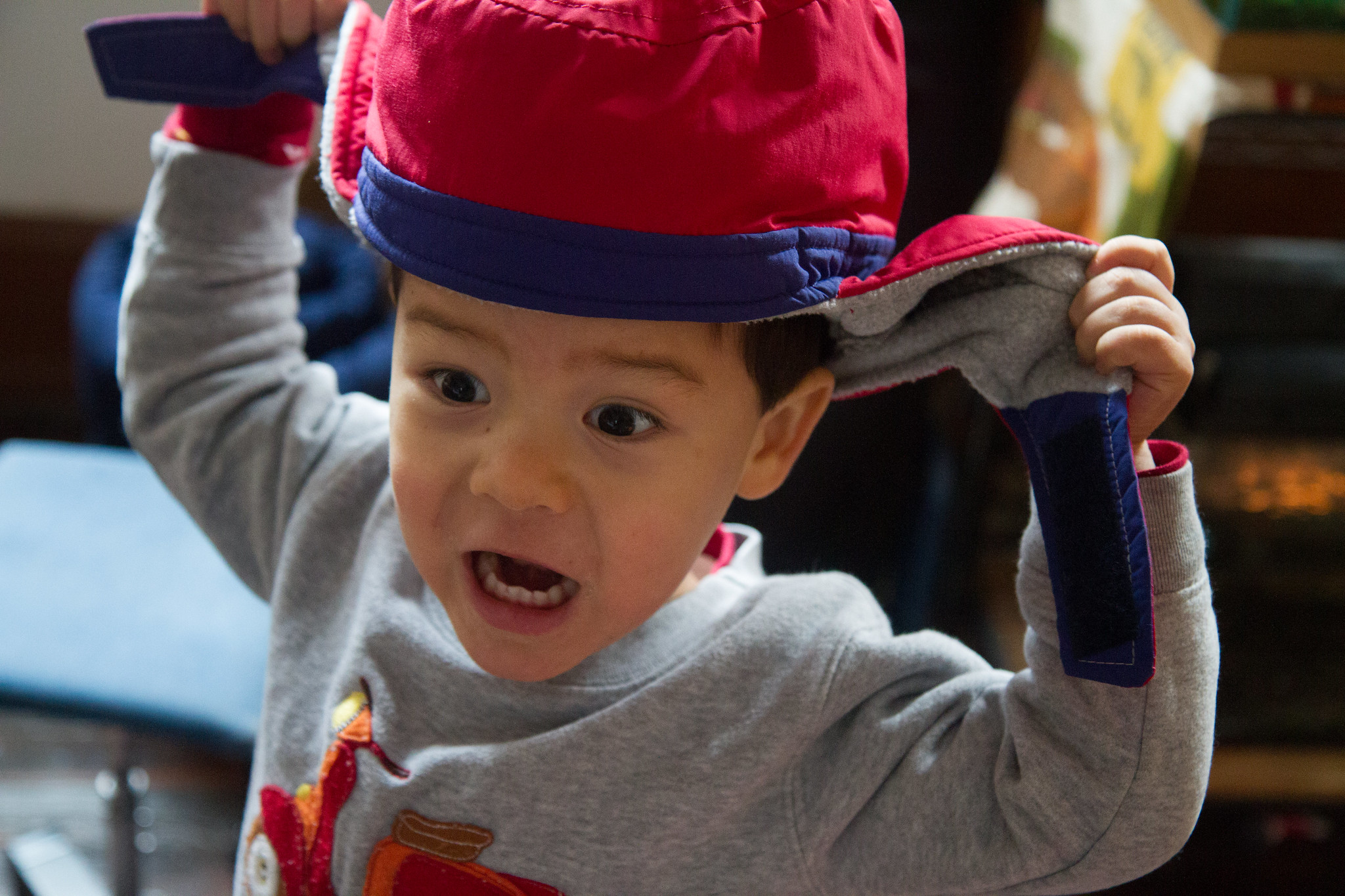
We are in the midst of a global pandemic.
Re-reading those last two words still feels bonkers to me, even though it’s been almost three months since the first reported case of COVID-19 and almost two weeks since the World Health Organization (WHO) made its official declaration. I had been casually tracking Coronavirus from the start, and I started paying closer attention about four weeks ago. I’ve also been actively doing some thinking and scenario work around planetary crises with a few friends and colleagues for the past year and a half. I wasn’t as prepared as I could have been, but it’s not like this came out of nowhere.
Which made it even more surprising to me when, just before the official pandemic declaration and a week before the shelter-in-place orders started here in San Francisco, I started freaking out.
One of my superpowers is that I’m able to stay calm in stressful situations. I’ve had this power for as long as I can remember, and it’s served me well in life and in work. It’s actually two interdependent practices: recognition and mitigation. Recognition is both situational — understanding when I’m in a stressful situation — and introspective — understanding when I’m feeling stressed. Once I recognize, I usually have a limited window of time in which to mitigate, which mostly consists of me talking to myself and breathing.
Mitigation is useless without recognition. If I’m not aware of my stress level rising, then I can’t mitigate. Which brings me to my kryptonite: In times of sudden crisis, I’m cool as a cucumber, but when the stress slowly sneaks up on me, I’m like the proverbial frog in slowly boiling water. It doesn’t happen often, but when it does, I’ve learned to just let it happen and be okay with it.
That’s what I did when I started freaking out two weeks ago. A few of my friends on social media, whom I trust, had been sounding the alarm about Coronavirus for a few days, and I had started to wonder whether I was taking it seriously enough. After spending a few days thinking it through and talking it over with friends, I started canceling social engagements and sheltering in place, even though I wasn’t feeling sick. I started asking friends and family to consider doing the same, but I wasn’t yet advocating for it, and I was still feeling calm.
That started changing for me the following day, which is when WHO officially declared COVID-19 a pandemic. I was completely ignoring my work, instead obsessively reading articles and clicking through posts on social media. When I talked to friends and family who were still resistant to staying home, I noticed a shortness of breath and a hint of hysteria in my responses. That’s when I sat down and said to myself, “Holy shit, I am officially freaking out.”
For me, part of “let it happen, and be okay with it,” is talking about it with others. (This post is one example of that.) The more I talk about it, the more I normalize it, and the less scary and more manageable it becomes. As I told others about my COVID-19 meltdown, I could start to hear a little voice inside my head saying, “Of course you are freaking out. There’s a worldwide pandemic that’s spreading exponentially, killing thousands of people, and shutting down our economy. You’re rightfully scared, and you rightfully feel helpless.” I don’t know why it takes so long for this little voice to start speaking up about what should seem obvious, but it does. It’s just how freaking-out works.
At my previous consulting firm, we used to hand out a two-page document to new and prospective clients detailing our design process. My favorite paragraph was about what I called, “The Freak-out Moment”:
A few weeks before the engagement, the design generally starts to come together, and people often start feeling more comfortable about the process. Right before the engagement, that happy feeling often goes away. It can even be replaced by panic. This is completely normal, and it’s our role to help you through that.
Participatory, emergent processes are inherently unpredictable. Systems change processes in particular are high stakes and complex. Panic is understandable, because, in the absence of certainty, all you can ask for is faith. Faith is a hard sell, especially if you’ve had limited (or, worse, bad) previous experiences.
Part of the role of a good collaboration practitioner is to guide others through freak-out moments. Another role is to manage these moments yourself, because if you’re doing work that matters and if you’re paying enough attention, you will experience these moments too.
There are three things I try to do to manage these moments.
First, let it happen, and be okay with it.
Second, be compassionate to yourself and to others. Shortly before people started rushing to stores to load up on supplies, I went to the grocery store with my sister to pick up a few items. I was already on edge about being in public, and I was especially annoyed that people were not keeping their distance. Afterward, I complained to my sister about it, and she wisely responded, “It’s not that they don’t care. They’re scared, just like you were a few days ago. They’re not paying attention to distance, because they’re just trying to stock up on groceries as quickly as possible.”
Third, remember that you are not alone, that you are part of a larger system, and that your role is not to be a hero. I am indebted to my mentor, Gail Taylor, for constantly reminding me of this:
The success and failure of a process is never fully dependent on you. You are simply part of the system, just like everyone else. Everyone brings their own special wisdom and superpowers. The whole system holds the space, not just you. This is true with facilitation, this is true with design, and this is true when grappling with global pandemics.
COVID-19 is an opportunity both to apply and to evolve what we know about collaborative processes and systems change. I will do my best to share what I already know, I will be paying attention and sharing what I learn along the way, and I hope others will be as well.
At the same time, remember that these are not normal times. Many of us are having to grapple with huge uncertainties with work. Many of us are suddenly having to grapple with working from home and simultaneously taking care of our homebound kids. Many of us are taking care of our parents. Many of us are working on the frontlines, risking our own lives and livelihoods for our communities.
Please, let yourselves and others freak out, and please be as compassionate as you can be both to others and to yourselves. Most of all, be safe.
Podcast: Play in new window | Download
Subscribe: RSS
